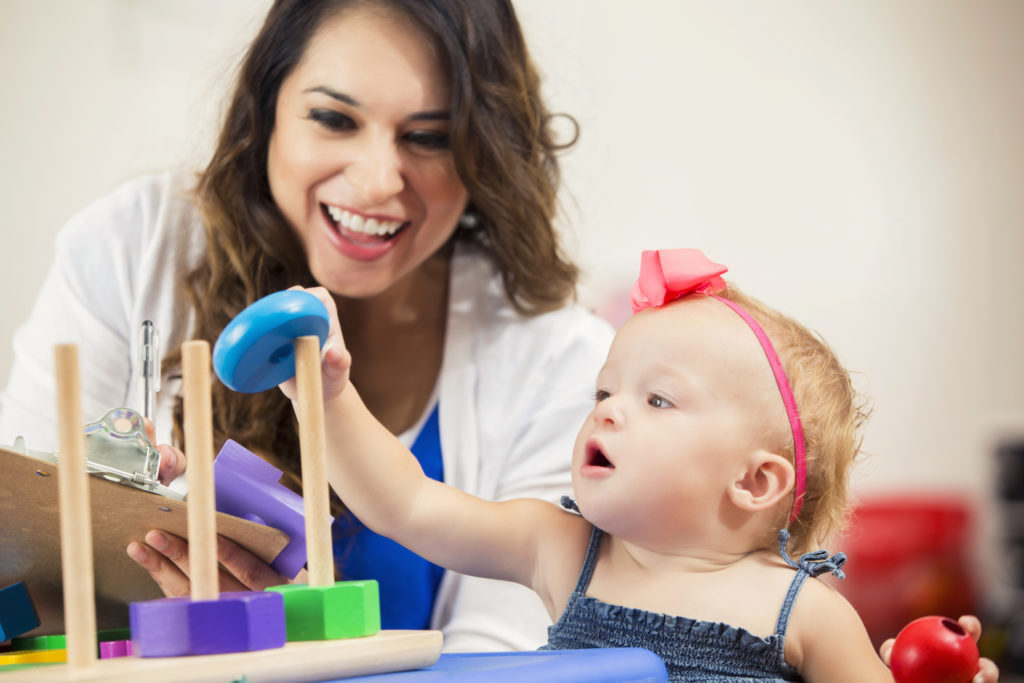Brain development in children is a critical phase that lays the foundation for future learning, cognitive abilities, and overall well-being. During the early years of life, a child’s brain is highly plastic, making it an opportune time to stimulate and enhance their cognitive capacities. Engaging children in activities that promote brain development can lead to improved problem-solving skills, enhanced creativity, and better academic performance. Boosting a child’s brain development doesn’t have to be a daunting task; it can be fun and engaging! Here are some enjoyable activities that that parents, educators, and caregivers can implement to boost a child’s brain development and also stimulate a child’s cognitive abilities:
Reading and Storytelling
Reading and storytelling are powerful activities that enhance a child’s language and cognitive development. Reading books aloud to children helps them develop a strong vocabulary, grasp grammar rules, and understand the structure of stories. Additionally, storytelling fosters creativity and imagination, as children often engage in visualizing the events and characters in their minds. Encouraging children to read independently also develops a lifelong love for learning and expands their knowledge base.
Engaging in Creative Arts
Participating in creative arts, such as drawing, painting, sculpting, and crafting, stimulates a child’s imagination and promotes problem-solving skills. Art activities allow children to express themselves freely, enhancing their emotional intelligence. Moreover, engaging in creative arts helps in developing fine motor skills and hand-eye coordination, both of which are essential for various cognitive tasks.
Playing Educational Games
Educational games designed to challenge a child’s mind can have a positive impact on brain development. Board games that involve strategy and critical thinking, puzzles that require problem-solving, and memory games are all excellent options. These activities not only boost cognitive abilities but also teach important social skills like patience, cooperation, and sportsmanship.
Music and Dance
Exposure to music and dance has been shown to enhance brain development in children. Learning to play musical instruments improves memory, concentration, and attention to detail. Additionally, engaging in dance fosters coordination, rhythm, and spatial awareness. Encouraging children to listen to different genres of music and participate in dance activities promotes holistic brain development.
Fostering Creativity with Performing Art
Exposing kids to performing music, painting, and other visual arts opens up a world of expression and creativity. Learning a new language, playing with colors on a canvas, or picking up a musical instrument all activate different parts of the brain, enhancing cognition and memory. Children’s brain development is enriched when they are encouraged to play at least one musical instrument, pick up a foreign language, and experiment with a creative endeavor.
Physical Exercise and Outdoor Play
Physical exercise and outdoor play are vital for a child’s brain development. Regular physical activity improves blood flow to the brain, which enhances cognitive functioning. Outdoor play also encourages exploration, curiosity, and problem-solving as children interact with their environment. Activities like riding bicycles, playing ball games, and exploring nature have numerous benefits for a child’s overall development.
Engaging in Educational Apps and Technology
While screen time should be monitored and limited, some educational apps and technology can be beneficial for brain development. Interactive and age-appropriate apps can help children learn new concepts, practice essential skills, and encourage curiosity in subjects like math, science, and language. However, moderation is key, as excessive screen time can have adverse effects on a child’s development.
Encouraging Imaginative Play
Imaginative play, also known as pretend play, is a significant activity for brain development. When children engage in role-playing and create imaginary scenarios, they exercise their creativity and problem-solving abilities. Through imaginative play, children explore different roles, emotions, and situations, which help them build empathy and social skills.
Brain-Body Coordination Games
These enjoyable activities are designed to improve kids’ motor coordination and mental sharpness. You can start by asking the youngster to make a circle with their right foot on the left side while concurrently drawing a circle with their right hand and a pencil. This is a simple but entertaining game. These exercises not only improve muscular coordination but also put the brain under pressure to coordinate motions.
Guessing by Touch
“Guessing by touch” is a classic game that has entertained generations and is a great technique to help kids recognize and comprehend their surroundings. They can be blindfolded and given various objects with various sizes, shapes, and textures to promote sensory awareness and cognitive growth. This game offers a stimulating interactive experience with rough surfaces and soft textiles.
Conclusion
Enhancing a child’s brain development is a crucial aspect of ensuring their overall growth and success in life. By engaging children in various activities like reading, creative arts, educational games, music, outdoor play, and imaginative play, parents, educators, and caregivers can stimulate cognitive abilities and foster a love for learning. It is essential to create a balanced and supportive environment that encourages exploration, curiosity, and creativity while being mindful of screen time and age-appropriate activities. Through these activities, we can empower children to reach their full potential and become well-rounded individuals in the future. Remember, the key is to make learning enjoyable and not to pressure the child. Let them explore their interests and engage in activities that excite them. By incorporating these fun activities into their daily routine, you can support your child’s brain development while creating cherished memories together.

